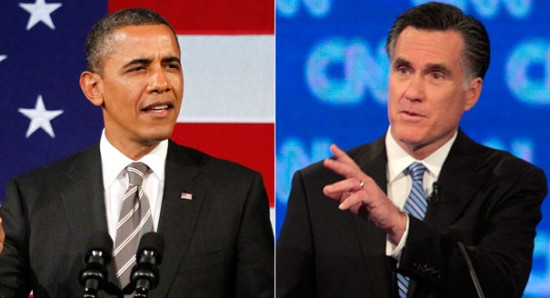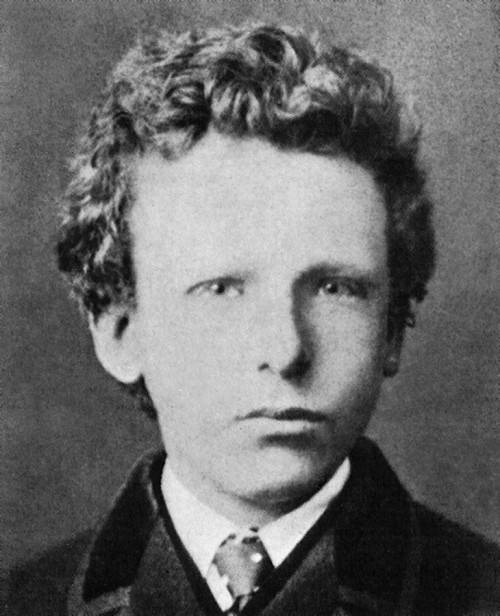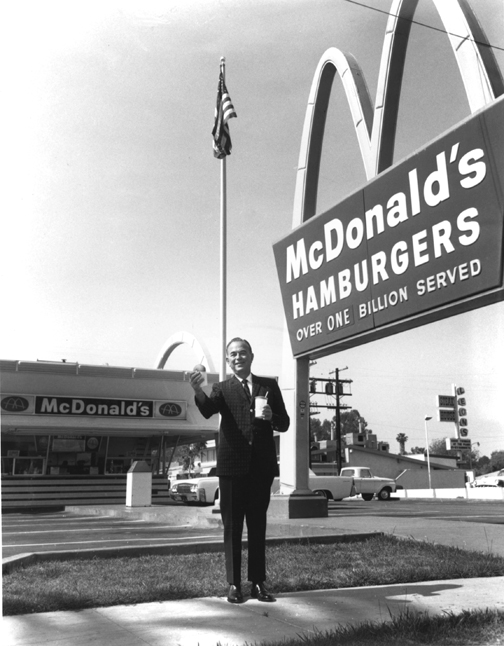Over the past several weeks, readers have expressed their interest in the upcoming presidential election and its impact on America’s future. More particularly, many readers see this election as a contest between freedom and capitalism and some newfangled version of socialism… and they are worried that if Obama wins, they will become a lot poorer.
Well, here’s what I think. As far as your financial future is concerned, it doesn’t matter who is elected. Despite differences in ideology and rhetoric, our next president will take essentially the same path in terms of “saving” the economy.
I’m not saying that there is no difference between the candidates’ economic views. Obama wants to redistribute wealth. Romney wants to diminish social spending. But neither of them will make much long-term headway at realizing their ambitions. What they will succeed at is what both Republicans and Democrats have been doing nonstop since World War II: expanding the federal government by increasing its debt.
I’m not an economist. In analyzing our country’s economic policies, I take a businessman’s perspective. Businesses have many goals, some altruistic and some selfish, but they are all ruled by the logic of the balance sheet. Without a positive balance sheet, no business can last.
The Economy Is Out of Control
Our economy, I’m sure we can agree, is in ruins, and our federal government has unprecedented levels of debt. On top of our outstanding debts, we keep spending more money than we’re taking in. But only a partisan fool would suggest that this is due to Obama. The national balance sheet was already $9.9 trillion in the red when he took office. He has done a good job of pumping that up to $15.9 trillion. But had McCain been elected in 2008 we would be in roughly the same place.
The reason for that is simple. Every modern-day president knows that his only chance of being elected or re-elected depends on the economy. If the electorate believes that the president is “doing a good job” with the economy, it will re-elect him. If it believes he has made things worse, it will elect his opponent, who will be arguing that he can fix it.
But today there is no way to fix the economy.





 Liam O’Reilly, a recent graduate from the University of Maryland, told The New York Times that he had applied to 50 employers. He was looking for a job as a paralegal or as a researcher for a policy organization or as an administrative assistant. He got a few interviews and no offers. So he took a minimum-wage job selling software.
Liam O’Reilly, a recent graduate from the University of Maryland, told The New York Times that he had applied to 50 employers. He was looking for a job as a paralegal or as a researcher for a policy organization or as an administrative assistant. He got a few interviews and no offers. So he took a minimum-wage job selling software.

